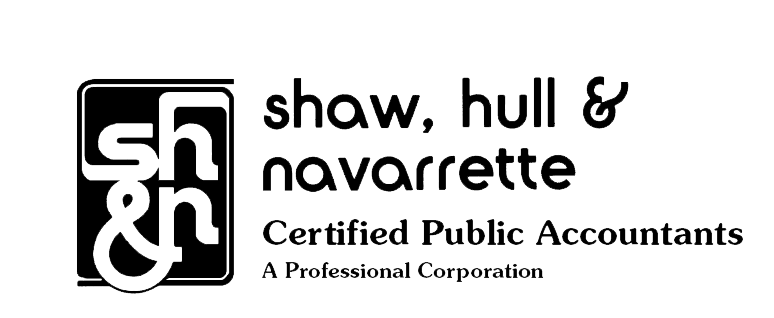Tax developments – spring 2018
The following is a summary of a few tax developments that have occurred in the first few months of 2018 that may affect you, your family, your investments, and your livelihood. Please Contact Us for more information about any of these developments and what steps you should implement to take advantage of favorable developments and to minimize the impact of those that are unfavorable.
Appropriations Act tax changes. On March 23, President Trump signed into law the Consolidated Appropriations Act 2018 (P.L. 115-141), a $1.3 trillion spending bill that funds the federal government through September. 30. In addition to funding the government, the bill also contains a number of tax provisions, including a fix to the deduction for qualified business income (QBI) related to the so-called “grain glitch” which provided a disproportionate tax benefit to farmer who sold goods to co-operatives, a provision enhancing the low-income housing credit with a four year increase in the State housing credit ceiling, and a large number of technical corrections, including ones revamping the new partnership audit rules.
Bipartisan Budget Act includes 2017 impact. On February 9, President Trump signed into law the Bipartisan Budget Act of 2018 (P.L. 114-74). In addition to providing a continuing resolution to fund the federal government through March 23, the 2-year budget contained a number of tax law changes. In particular, the Budget Act retroactively extends through 2017 over 30 so-called “extender” provisions, including welcome tax relief to victims of the California wildfires and Hurricanes Harvey, Irma, and Maria, and provided a number of miscellaneous tax-related provisions.
Short-term funding bill delays some Obamacare taxes. On January 22, President Trump signed into law the Federal Register Printing Savings Act of 2017 (P.L. 115-120), which ended the government shutdown and funded the government through February 8th. It also suspended several Affordable Care Act (ACA, or Obamacare) taxes. The 40% excise tax on high cost employer-sponsored health coverage (the so-called “Cadillac tax”) was delayed to apply for tax years beginning after Dec. 31, 2021; the 2.3 % device tax was delayed retroactively to the beginning of 2018 to apply to sales after Dec. 31, 2019; and the annual fee on health insurance providers was suspended for 2019 (however, it remains in effect for 2018).
The IRS will not accept “silent” 2017 returns. The IRS said it will not accept electronically filed 2017 tax year returns that don’t report whether the taxpayer has complied with the individual mandate provisions of the ACA. Under the ACA shared responsibility or individual mandate provision, individuals are required to obtain qualifying minimum essential coverage (MEC), receive an exemption from the coverage requirement (e.g., on account of having household income below the return filing threshold), or pay a penalty. Tax returns that didn’t report full-year MEC or an exemption, or pay an penalty, are referred to as “silent returns.” While the Tax Cuts and Jobs Act (TCJA, P.L. 115-97, 12/22/2017) provides that for months beginning after Dec. 31, 2018, the amount of the individual shared responsibility payment is reduced to zero, the IRS will not treat as complete and accurate 2017 returns that are silent on compliance with ACA individual mandate.

